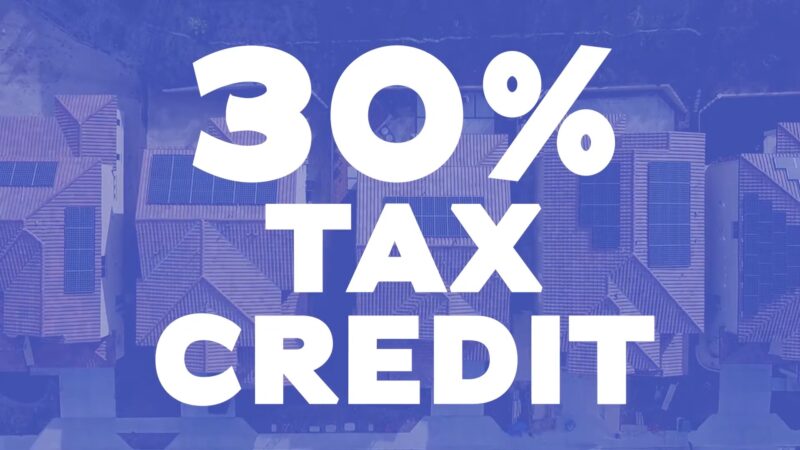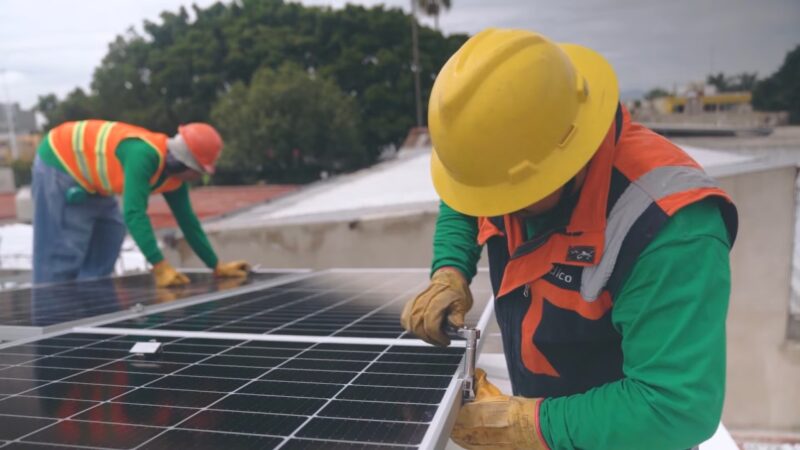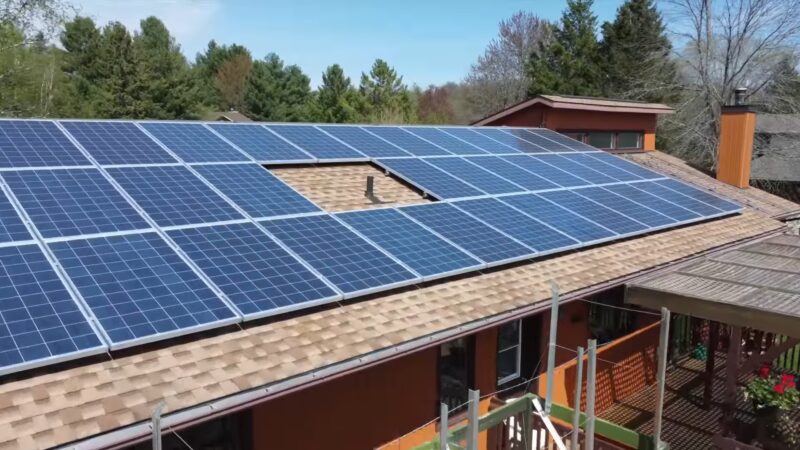Solar energy is not just a buzzword; it’s a vital part of the global movement towards clean, renewable energy. With the sun’s rays providing an abundant and sustainable source of power, solar energy offers a way to reduce our reliance on fossil fuels and make a positive impact on the environment.
The increasing interest in renewable energy options is a testament to the growing awareness of the need for sustainable solutions.
Fun Fact: Did you know that solar energy prices have fallen 54% over the last 10 years in Mississippi? That’s a bright opportunity for savings!
Energy Landscape in Mississippi

Mississippi has shown significant growth in solar energy adoption. As of Q1 2023, the state has installed 438 MW of power, ranking 36th nationally. This is enough to power 47,548 homes, and it accounts for 0.79% of the state’s electricity. The growth projection for the next five years ranks Mississippi 25th, with an expected 2064 MW of power.
Several notable installations have come online in Mississippi, including the 83.6 MW Meridian Solar project and the 143.9 MW Sumrall Solar Farm. Companies like Lineage Logistics, Taylor Machine, and Toyota have also gone solar in the state.
Pro Tip: Looking for a local installer? Use SolarReviews to get company reviews and estimates for your area.
| Project Name | Capacity (MW) | Location | Year Online |
|---|---|---|---|
| Meridian Solar | 83.6 | Meridian | 2019 |
| Sumrall Solar Farm | 143.9 | Sumrall | 2017 |
| Lineage Logistics | 1.5 | Richland | (Year) |
State-Level Incentives in Mississippi
Mississippi offers various incentives for residential solar installations. These include:
- Residential Renewable Energy Tax Credit
- Net Metering Program
- Solar Rights Law and HOA Protections
For commercial entities, Mississippi has incentives like:
- Business Energy Investment Tax Credit
- Property Assessed Clean Energy (PACE) Financing
- Grants and Rebates for Commercial Solar Projects
Fun Fact: Mississippi has 16 solar companies, including 5 manufacturers, 5 installers/developers, and 6 others, contributing to a total investment of $478 million in the state!
Federal Incentives Applicable to Mississippi

The Federal Investment Tax Credit (ITC) is a significant incentive for energy adoption across the United States, including Mississippi. This credit allows homeowners and businesses to deduct 30% of the cost of installing a solar energy system from their federal taxes.
Mississippi residents may also benefit from the USDA Rural Energy for America Program (REAP) grants, which provide funding for renewable energy systems in rural areas.
Businesses in Mississippi can take advantage of the Federal Modified Accelerated Cost-Recovery System (MACRS), allowing them to recover investments in solar energy through depreciation deductions.
Pro Tip: Don’t forget to consult with a tax professional to understand how these federal incentives apply to your specific situation.
Utility-Specific Incentive Programs

Mississippi offers specific incentives for customers in the Tennessee Valley Authority service area. These incentives include net metering and Solar Power Performance Payments.
- Net Metering: This program allows customers to offset the cost of power drawn from the utility by transferring surplus power generated from panels into the grid. Excess power is sold back to the grid, and the amount of energy is deducted from the monthly bill or credited toward a future bill.
- Solar Power Performance Payments (Performance-Based Incentives): Customers of the TVA can receive small cash payments based on the number of kilowatt-hours (kWh) generated by their energy system. Electricity produced is credited as Solar Renewable Energy Credits (SRECs), helping the Solar PV system pay for itself.
Fun Fact: Mississippi’s electric rates rank 26th out of the fifty states. Higher electric rates make an investment in solar energy more feasible, so keep an eye on those rates!
| Program Name | Description | Eligibility |
|---|---|---|
| Net Metering | Offset cost by transferring surplus power into the grid | Tennessee Valley Authority Customers |
| Solar Power Performance Payments | Receive payments based on kWh generated | Tennessee Valley Authority Customers |
Community Initiatives and Nonprofit Programs

Community-based projects are an essential part of the renewable energy landscape in Mississippi. Specific details about these projects need to be researched further.
Various nonprofit organizations may be working in Mississippi to promote education and adoption. More information on these organizations and their initiatives would require additional research.
Fun Fact: Mississippi does not have Renewable Portfolio Standards (RPS) or solar carve-out, which are regulations that require utilities to increase their production of energy from renewable sources. This lack of regulation makes the interconnection process less complex and expensive, benefiting those looking to bring a solar energy system online.
Economic and Environmental Benefits of Adoption

Solar energy adoption in Mississippi can lead to significant savings on energy bills. With the federal tax credit covering 30% of the total photovoltaic (PV) system cost, homeowners and businesses can reduce their energy expenses substantially.
Investing in solar energy not only benefits the environment but also stimulates the local economy. The industry in Mississippi provides jobs and contributes to economic growth, with 16 companies operating in the state.
A clean and renewable energy source that helps in reducing greenhouse gas emissions. By adopting solar power, Mississippi is taking a step towards a greener future, minimizing its carbon footprint.
Pro Tip: Considering solar for your home? The average cost of a solar panel system in the U.S. is between $15,000 to $20,000. With the 30% federal solar tax credit, the cost drops to $10,500 to $14,000. Local and statewide incentives can further lower the cost of going solar.
FAQ
Are solar incentives available for both residential and commercial installations?
Yes, both residential and commercial installations can benefit from various federal and state incentives, including tax credits, net metering, and rebates.
How does the Residential Renewable Energy Tax Credit work?
The Residential Renewable Energy Tax Credit allows homeowners to deduct 30% of the cost of installing a solar energy system from their federal taxes.
What is net metering and how does it benefit solar users?
Net metering allows customers to offset the cost of power drawn from the utility by transferring surplus power generated from panels into the grid. Excess power is sold back to the grid, reducing the monthly bill.
Can I combine state and federal incentives for greater savings?
Yes, state and federal incentives can be combined to maximize savings on solar installations.
What role do utility-specific programs play in solar adoption?
Utility-specific programs, such as net metering and Solar Power Performance Payments, provide additional incentives for adoption, making it more financially attractive.
How can communities get involved in solar projects?
Communities can participate in community-based projects and initiatives led by nonprofit organizations.
Conclusion
Mississippi’s solar landscape is bright and promising. With various incentives at the federal, state, and utility levels, solar adoption is becoming increasingly accessible and affordable.
The economic and environmental benefits further reinforce the potential for a sustainable future through solar energy adoption in the state. Embrace the sun’s power and take a step towards a cleaner, greener Mississippi!
